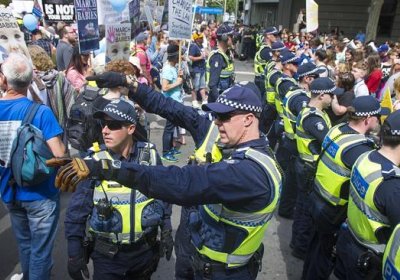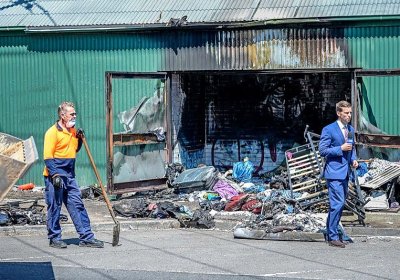The Supreme Court of Victoria handed down its judgement on March 21, quashing the appeal of an anti-abortion protester who had been convicted for displaying images of aborted foetuses.
Michelle Fraser, an anti-abortion protester, had displayed placards of aborted foetuses with anti-abortion slogans, outside the Melbourne Fertility Clinic, in February 2013. In 2014, she was convicted of displaying obscene images.











